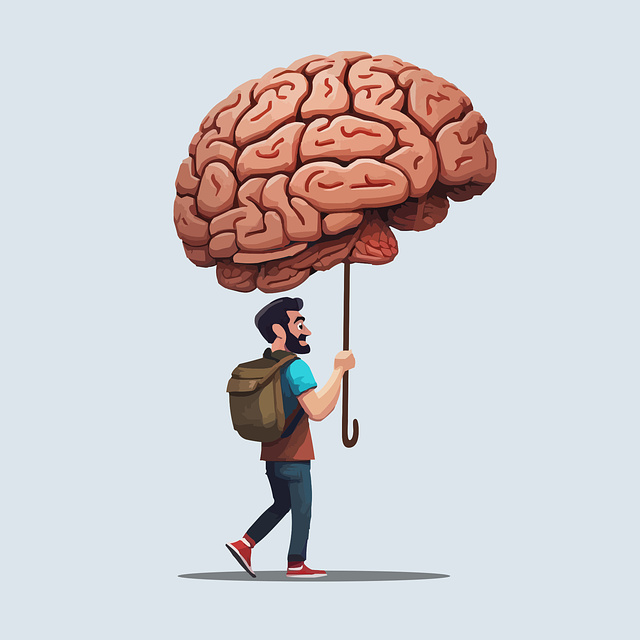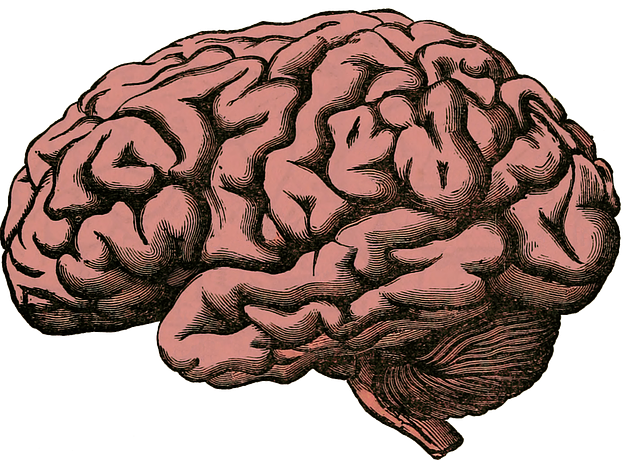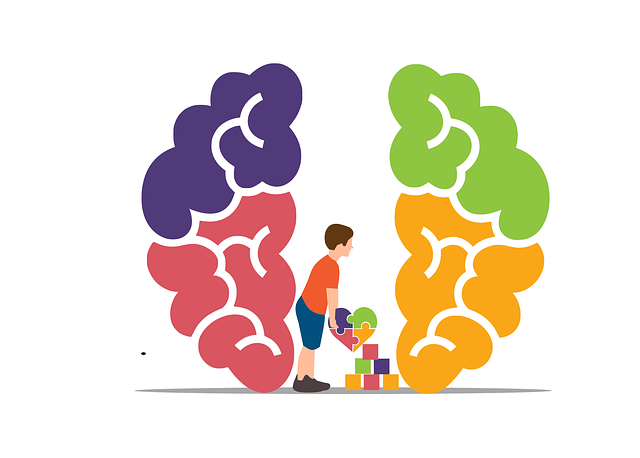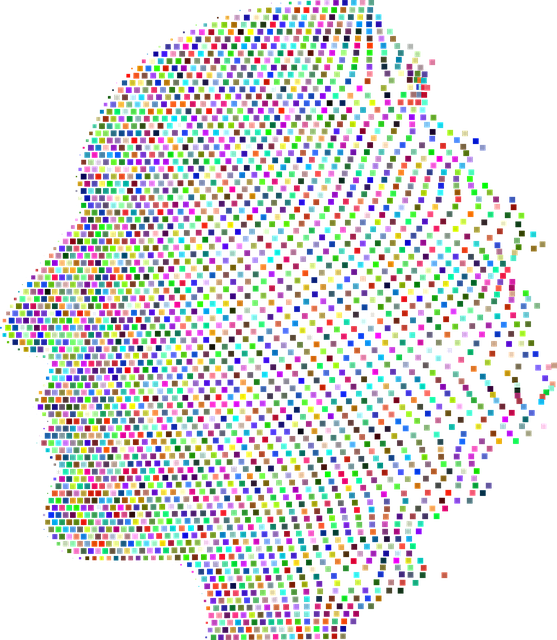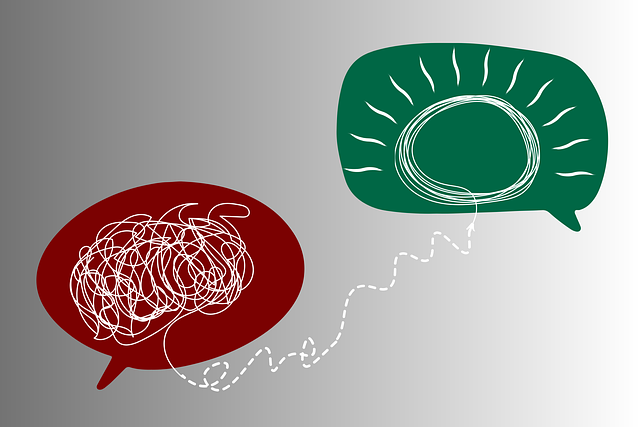In today's diverse society, mental healthcare practitioners must prioritize cultural sensitivity in providing therapy for adults with ADD-ADHD evaluations. Understanding cultural diversity goes beyond ethnic backgrounds, encompassing values, beliefs, and communication styles that influence mental health experiences. This context can affect the manifestation of ADD-ADHD symptoms. Therapists can create safe spaces through self-esteem improvement and mental wellness journaling exercises tailored to diverse needs, enhancing therapeutic alliances and fostering understanding. Integrating these cultural considerations ensures sensitive and effective therapy for adults from varied backgrounds seeking evaluations. Educating therapists about clients' cultural backgrounds, beliefs, and traditional healing methods is crucial for adapting evaluation processes and improving outcomes.
Cultural sensitivity is an essential aspect of modern mental healthcare, especially in diverse societies. This article explores the profound impact of cultural awareness on various aspects, notably therapy for adults with ADD-ADHD evaluations. We delve into understanding cultural diversity and its effects on patient outcomes. Additionally, we present strategies to foster culturally competent practices, highlighting how these approaches can enhance diagnosis and treatment plans, ensuring better care for all individuals.
- Understanding Cultural Diversity in Mental Healthcare
- The Impact of Cultural Sensitivity on Adult ADD-ADHD Evaluations
- Strategies for Culturally Competent Therapy Practices
- Enhancing Patient Outcomes through Cultural Awareness
Understanding Cultural Diversity in Mental Healthcare

In today’s diverse society, mental healthcare practitioners must embrace cultural sensitivity to provide effective therapy for adults with ADD-ADHD evaluations. Understanding cultural diversity goes beyond recognizing different ethnic backgrounds; it involves appreciating the unique values, beliefs, and communication styles that shape individuals’ experiences of mental health and wellness. For example, some cultures may prioritize collective over individual expression, while others emphasize personal autonomy. This knowledge is crucial when assessing and treating ADD-ADHD symptoms, as cultural context can influence how individuals manifest these traits.
By integrating self-esteem improvement and mental wellness journaling exercise guidance tailored to diverse cultural needs, therapists can create a safe space for clients to explore their experiences. Furthermore, conflict resolution techniques that respect cultural differences can enhance therapeutic alliances, fostering an environment where clients feel heard and understood. Embracing these approaches ensures that therapy is not just culturally sensitive but also effective in addressing the specific challenges faced by adults from varied backgrounds seeking ADD-ADHD evaluations.
The Impact of Cultural Sensitivity on Adult ADD-ADHD Evaluations

Cultural sensitivity plays a pivotal role in accurately evaluating and effectively treating Adult ADD/ADHD. In a diverse society, mental health practitioners must be adept at recognizing and respecting cultural differences to ensure fair and precise assessments. Individuals from varied backgrounds may present symptoms differently due to cultural norms, values, and experiences. For instance, expressions of hyperactivity or impulsivity could be interpreted differently across cultures, potentially leading to misdiagnosis if the practitioner isn’t culturally aware.
By integrating cultural sensitivity into therapy for adults with ADD/ADHD evaluations, practitioners can create a safer and more inclusive environment. This involves actively listening to patients’ narratives, understanding their unique perspectives, and incorporating self-care practices tailored to their backgrounds. Mental health education programs designed with cultural sensitivity in mind, coupled with stress reduction methods that respect individual needs, contribute to improved outcomes for all patients, regardless of their cultural heritage.
Strategies for Culturally Competent Therapy Practices

Incorporating cultural sensitivity into therapy practices is essential for creating an inclusive and effective environment, especially when treating adults with ADD/ADHD. Therapists should begin by educating themselves about their clients’ cultural backgrounds, including their beliefs, values, and traditional healing methods. This knowledge enables professionals to adapt their evaluation processes, ensuring that assessments align with the client’s cultural context. For instance, in some cultures, direct eye contact may be considered disrespectful, while others value it as a sign of honesty.
Understanding these nuances allows therapists to offer tailored therapy for adults with ADD/ADHD, integrating relevant cultural practices alongside evidence-based methods. Crisis intervention guidance and conflict resolution techniques can be modified to respect cultural differences, ensuring that clients feel heard and understood. Additionally, promoting self-care practices that resonate with the client’s heritage can enhance treatment adherence and overall well-being.
Enhancing Patient Outcomes through Cultural Awareness

Cultural awareness plays a pivotal role in enhancing patient outcomes in mental healthcare. By understanding and respecting diverse cultural backgrounds, therapists can create a safe and inclusive environment that encourages open communication. This is particularly crucial when addressing conditions like Adult ADHD, where symptoms may manifest differently across various cultural groups. Cultural sensitivity allows professionals to tailor their approach, ensuring effective therapy for adults with ADD-ADHD evaluations.
In the context of mental health practice, public awareness campaigns can contribute to the development of a more culturally competent workforce. Risk assessments for mental health professionals should incorporate cultural considerations to mitigate potential biases and ensure sensitive handling of diverse cases. Moreover, social skills training can empower therapists to navigate complex cultural dynamics, ultimately improving patient satisfaction and adherence to treatment plans.
Cultural sensitivity in mental healthcare is not just a best practice—it’s essential for delivering effective therapy for adults with ADD-ADHD evaluations. By understanding cultural diversity, navigating the impact of cultural factors on diagnosis and treatment, adopting culturally competent strategies, and fostering awareness, mental health professionals can enhance patient outcomes and create inclusive environments that support every individual’s unique needs. This holistic approach ensures that cultural sensitivity becomes a cornerstone of high-quality care in today’s diverse healthcare landscape.
